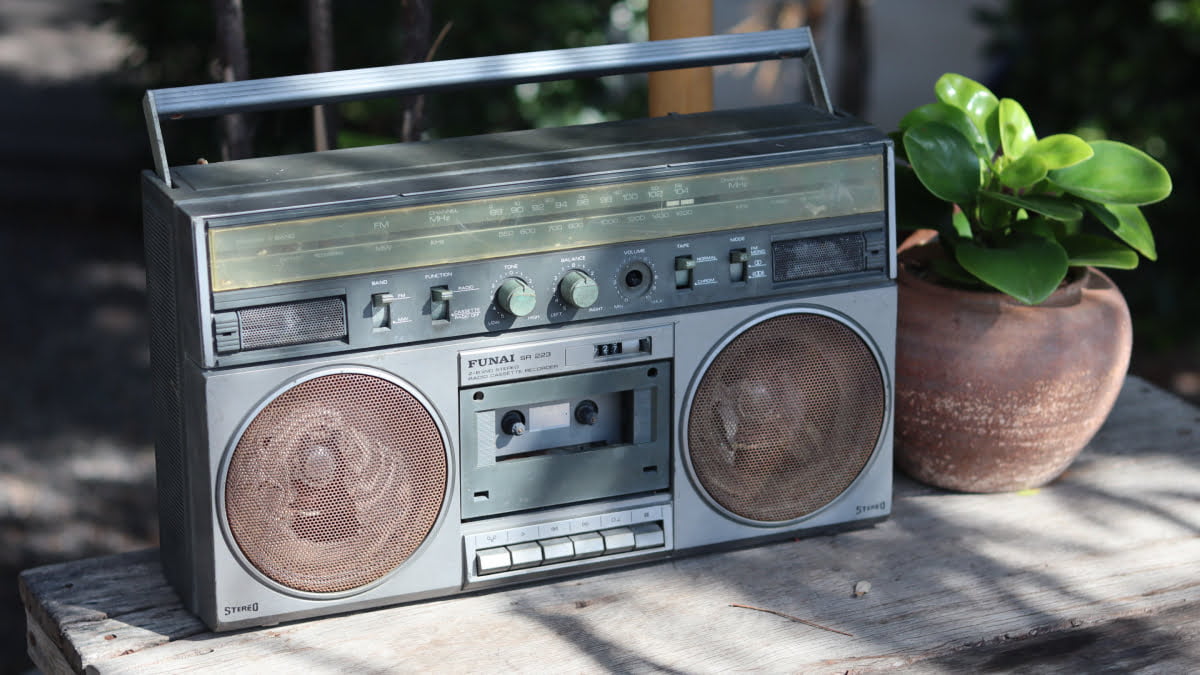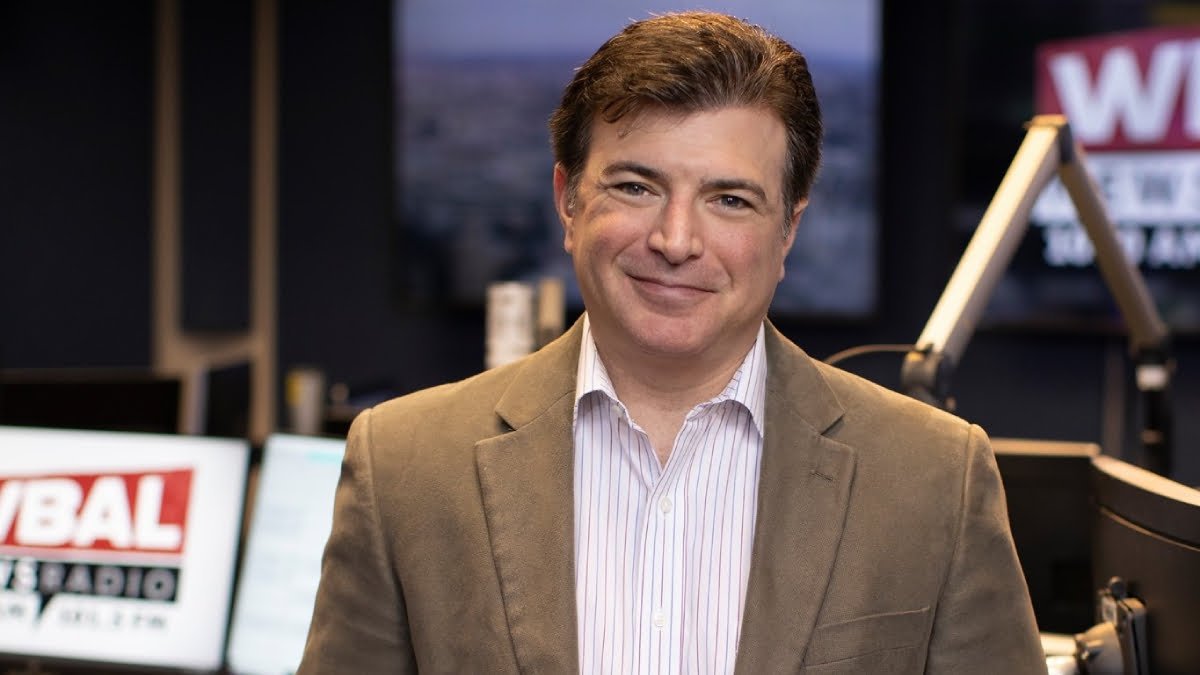This past weekend, I experienced an exercise in frustration that reminded me of the radio’s vital role. By “the radio,” I mean the device known as a radio.
When the power or internet goes down in an emergency or during a live sports event, listening on the radio may be somebody’s only option. Sports and talk radio stations should promote this fact and help keep the device called “the radio” alive and well. Doing so will help radio’s brand over the long term. The industry can accomplish this by giving away and selling radios to their audience precisely for these situations.
Events over the past weekend brought this to my mind.
After running some errands on Saturday, I returned home just in time for MLB’s Game 1 of the American League Divisional Series between the Houston Astros and Minnesota Twins. Making myself comfortable, I flipped on the TV to watch the game, but it was frozen. Annoyed, I figured the cable box needed a reboot. I initiated the familiar procedure, but the picture remained frozen in the same place.
The television presented an error suggesting that a cable was loose. I tightened every connection, impacting the cable box and router. When that didn’t work, and I tried on my laptop and iPad, I realized the internet was down.
A quick call to Xfinity revealed that a power outage somewhere close by was causing a service outage at my home. We had no internet or television, and the landline was dead.
Figuring I missed an inning, I wasn’t panicking. I can stream the Xfinity or MLB app on my iPhone or iPad. My iPhone was processing slowly, so I shut it down and rebooted, which didn’t help.
What frequently happens when the internet goes down is that cell towers get overwhelmed, making streaming impractical.
The only way to get the game was with an actual radio. It took me ten minutes to find a battery-operated radio. Alas, I could finally listen to the Twins game, now in the third or fourth inning.
By now, the Phillies at Braves NLDS game one was beginning. Perhaps I could have found a national broadcast on the radio. However, I’d only found one radio and couldn’t find a second. With streaming proving impossible via cell data and Comcast unable to provide an estimate for when they would restore service, I needed another option.
I planned to head for a local sports bar just a mile or two from my home. The sports bar has numerous big-screen televisions. I hoped they would have at least a few tuned to the Phillies-Braves game. I brought my phone and iPad just in case they didn’t, as they have free Wi-Fi.
The sports bar was packed. I found a comfortable spot at the end of the bar. The one screen not tuned to the Twins game had Minnesota Wild hockey on. A quick evaluation of the situation told me not to ask if they would turn one screen to the NL game. After all, I had my iPad and earbuds.
Now allow me to express my frustration at MLB and, for that matter, the NFL. I tried to watch the Phillies-Braves through the MLB app. However, you must verify through your cable carrier to watch on the app. Sure, no problem. The drop-down list gives you all the cable companies to choose from. Notably missing is Comcast/Xfinity, which is the largest cable company in the U.S., measured by total subscribers or revenue. Foiled again.
What’s the point of paying to subscribe to the MLB app to watch out-of-market games if there’s also a requirement to subscribe to one of their cable partners – which doesn’t include the largest cable provider in the nation? After cursing out MLB, I thought about trying to watch through the Xfinity streaming app. No dice there either. It turns out you have to be on your home Wi-Fi to stream a live sporting event.
At least I could listen to the Phillies Radio broadcast through the app. It was the third or fourth inning by the time I tuned in. When the Twins-Astros game ended, the bartender changed one screen to the Phillies-Braves game. It was just in time to see Bryce Harper go yard in the 6th inning.
The NFL app is even more horrendous and five times more expensive than MLB’s. I’ll save that rant for another time.
At about the same time, Craig Kimbrel got Orlando Arcia to fly out, sealing the Phillies win; I received a text message from Comcast that said all services were restored.
Admittedly, this was “just one of those days” where everything that could go wrong did. But those days happen. I recall a severe thunderstorm a year or two ago. My family headed to the basement after electricity, television, and internet failed. During that storm, a battery-powered radio provided us with critical information.
After I got home from the sports bar, I was channel surfing when a commercial came on selling small generators. Maybe you’ve seen it too? It asks, “What will you do when the power goes out or in another emergency?”
The radio industry should follow the example of those selling generators and sell or give away small, inexpensive, battery-powered radios while making the same pitch. In addition to selling them, they would make great giveaway items at appearances and for contests. It would be incredibly impactful if the radios also had a built-in flashlight.
Data from multiple projects shows fewer and fewer households still have an actual radio. We don’t know about cause and effect, but perhaps having fewer radios is part of the reason for lower listening levels. Talking about why having a radio and the role of stations in emergencies reminds people of the vital role radio plays and how irreplaceable it can be at critical times.
I started to worry about the future of radio when it became clear that the industry had lost the battle of the nightstand to phones and other devices. Even as the industry works to build streaming and on-demand platforms, it is critical to remind listeners of the importance of the device called radio. While most people won’t need a battery-powered radio daily when a day like the one I had this weekend happens, and more so in weather or other emergencies, the radio may be a lifesaver.
Andy Bloom is president of Andy Bloom Communications. He specializes in media training and political communications. He has programmed legendary stations including WIP, WPHT and WYSP/Philadelphia, KLSX, Los Angeles and WCCO Minneapolis. He was Vice President Programming for Emmis International, Greater Media Inc. and Coleman Research. Andy also served as communications director for Rep. Michael R. Turner, R-Ohio. He can be reached by email at andy@andybloom.com or you can follow him on Twitter @AndyBloomCom.








